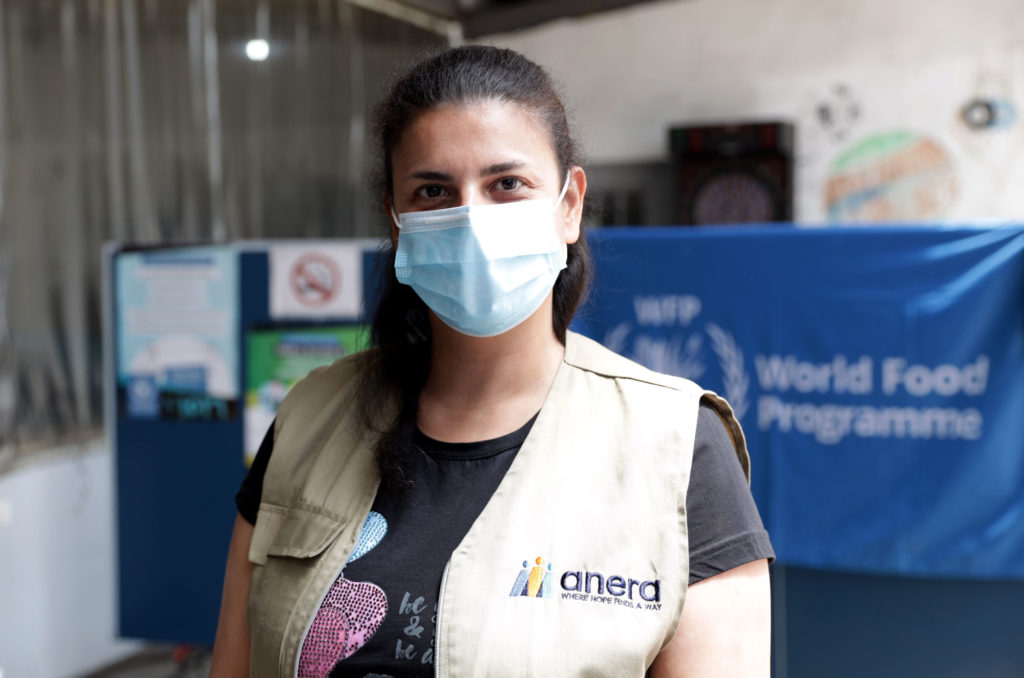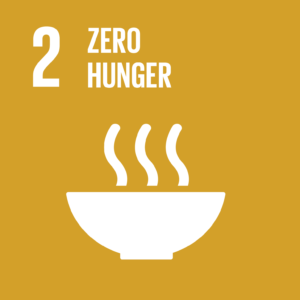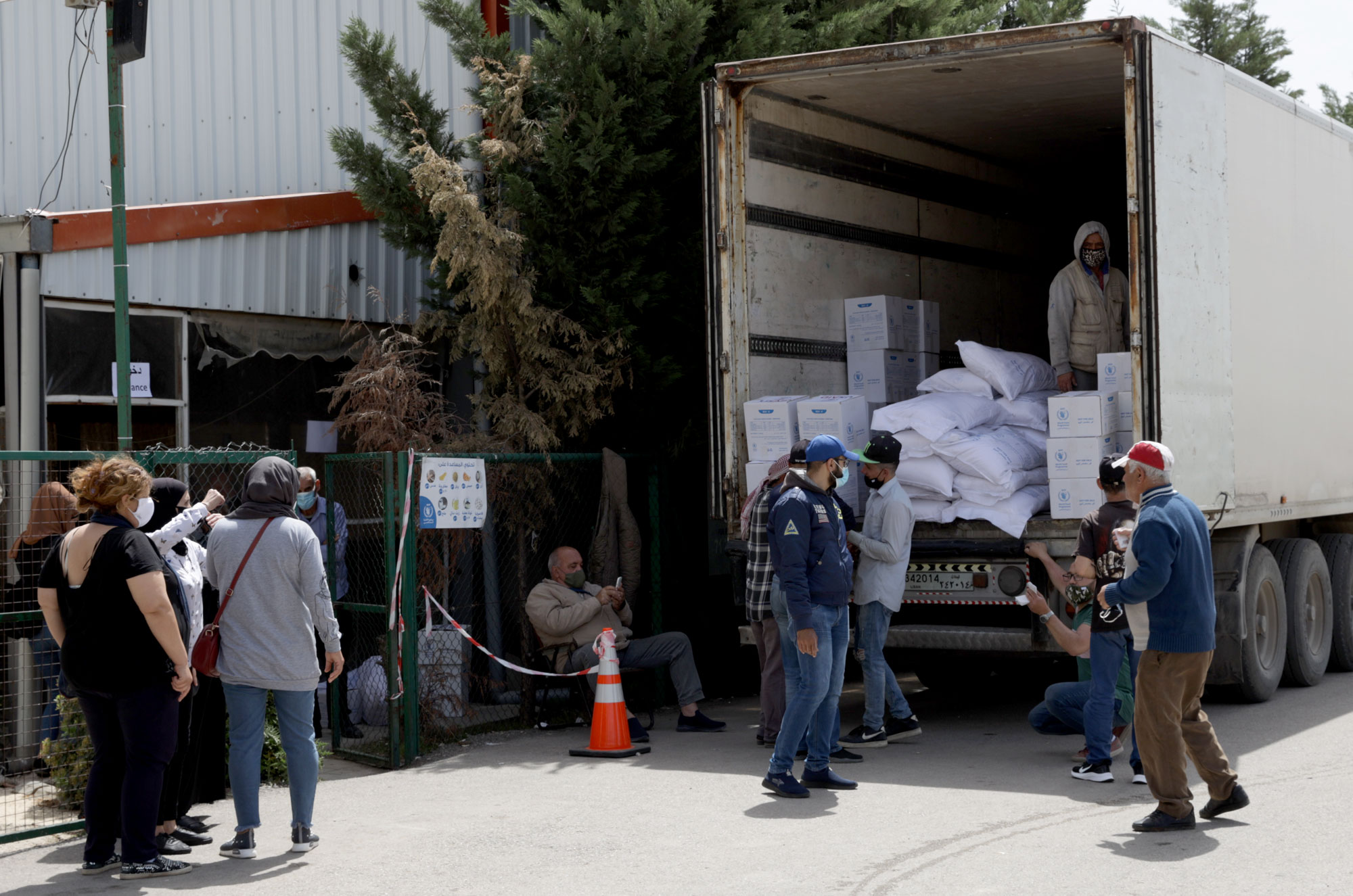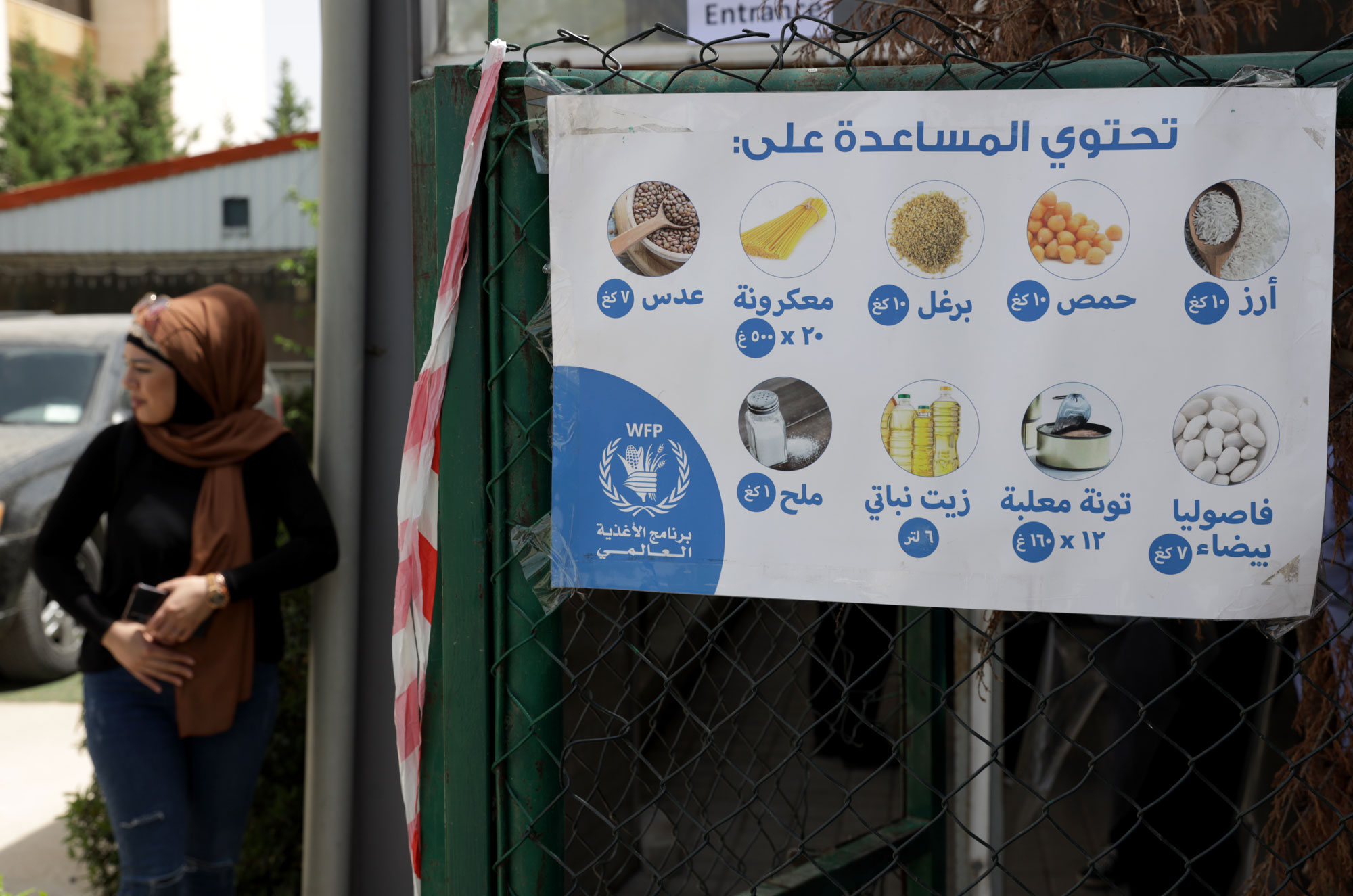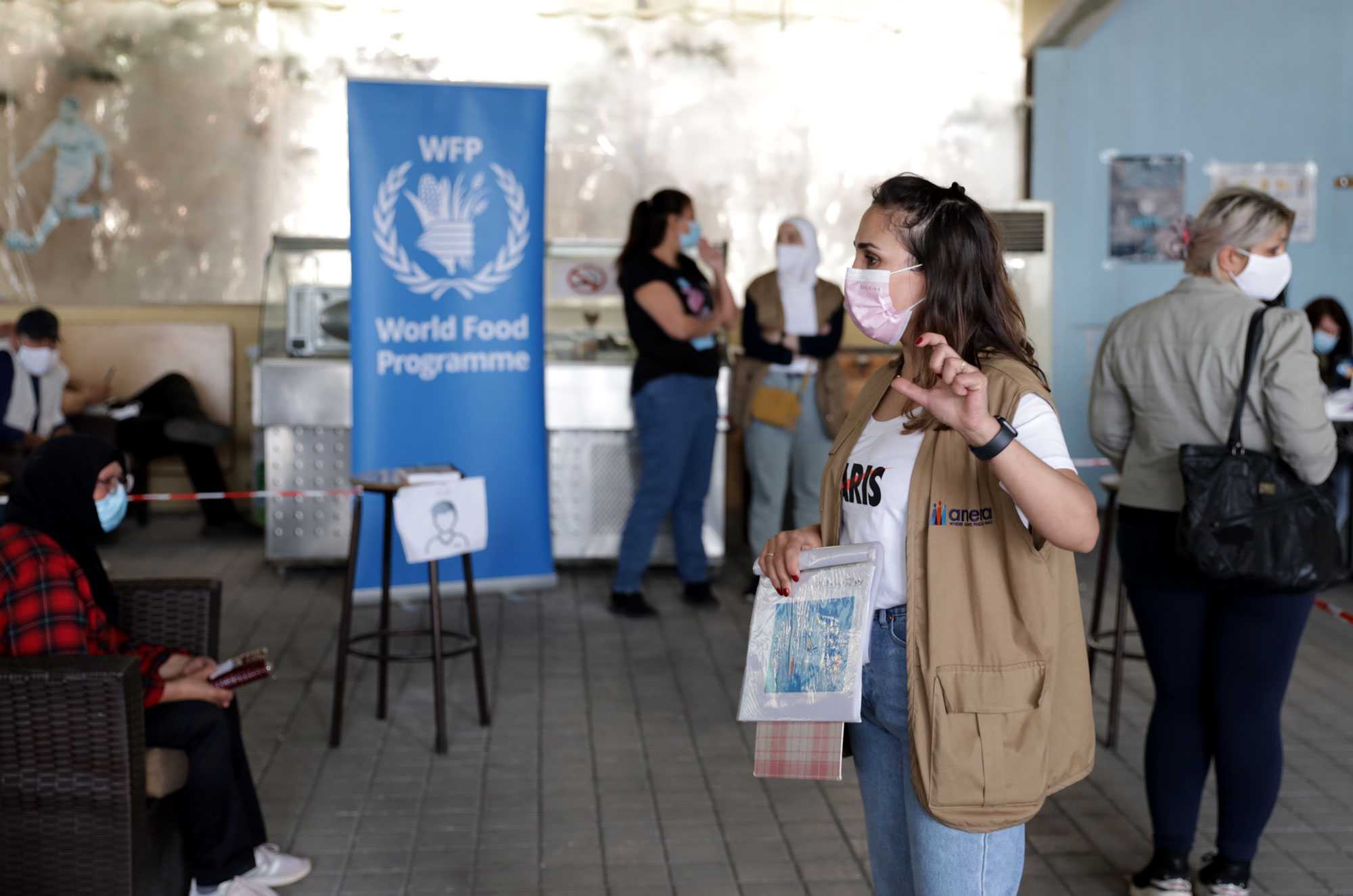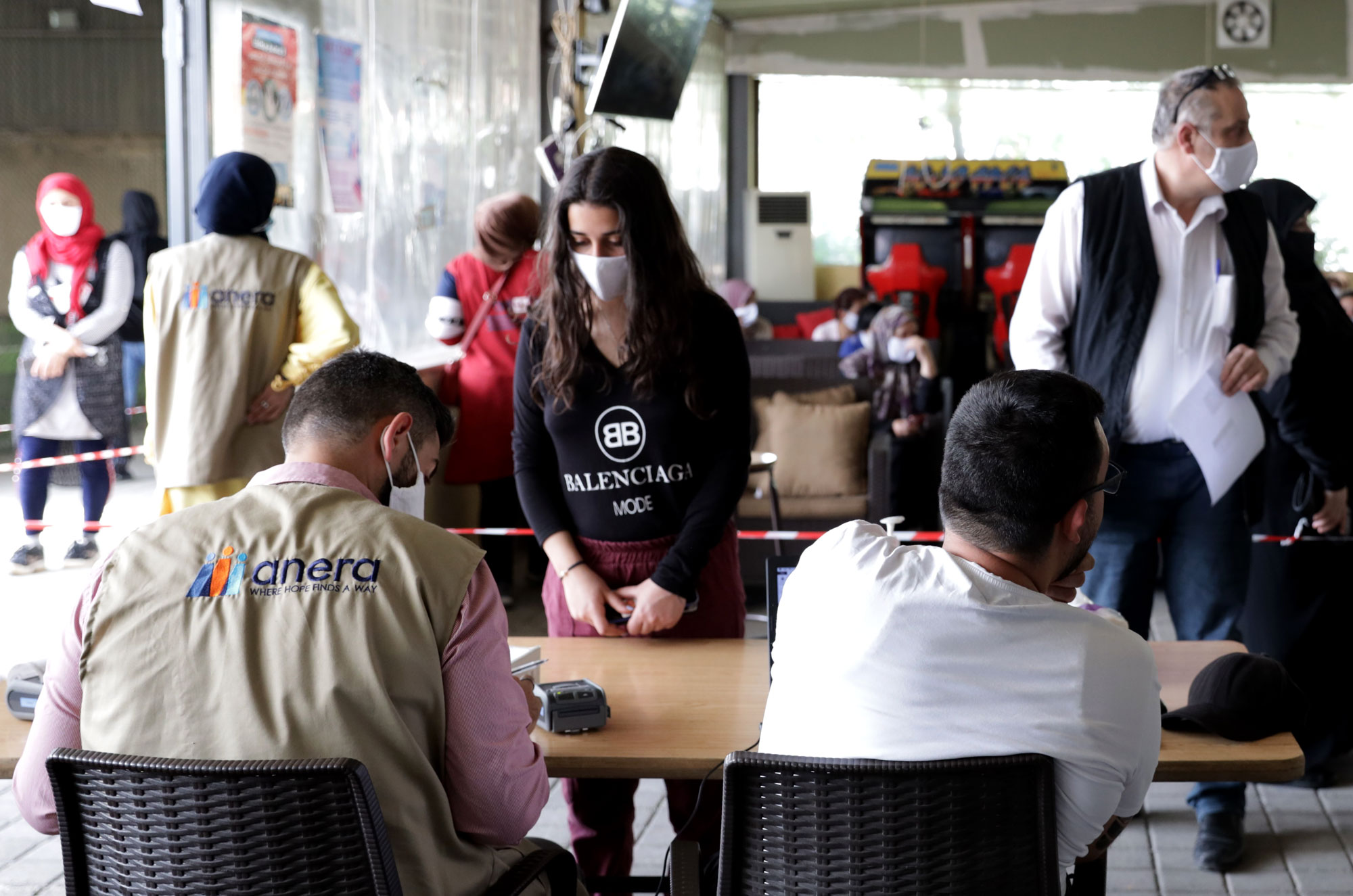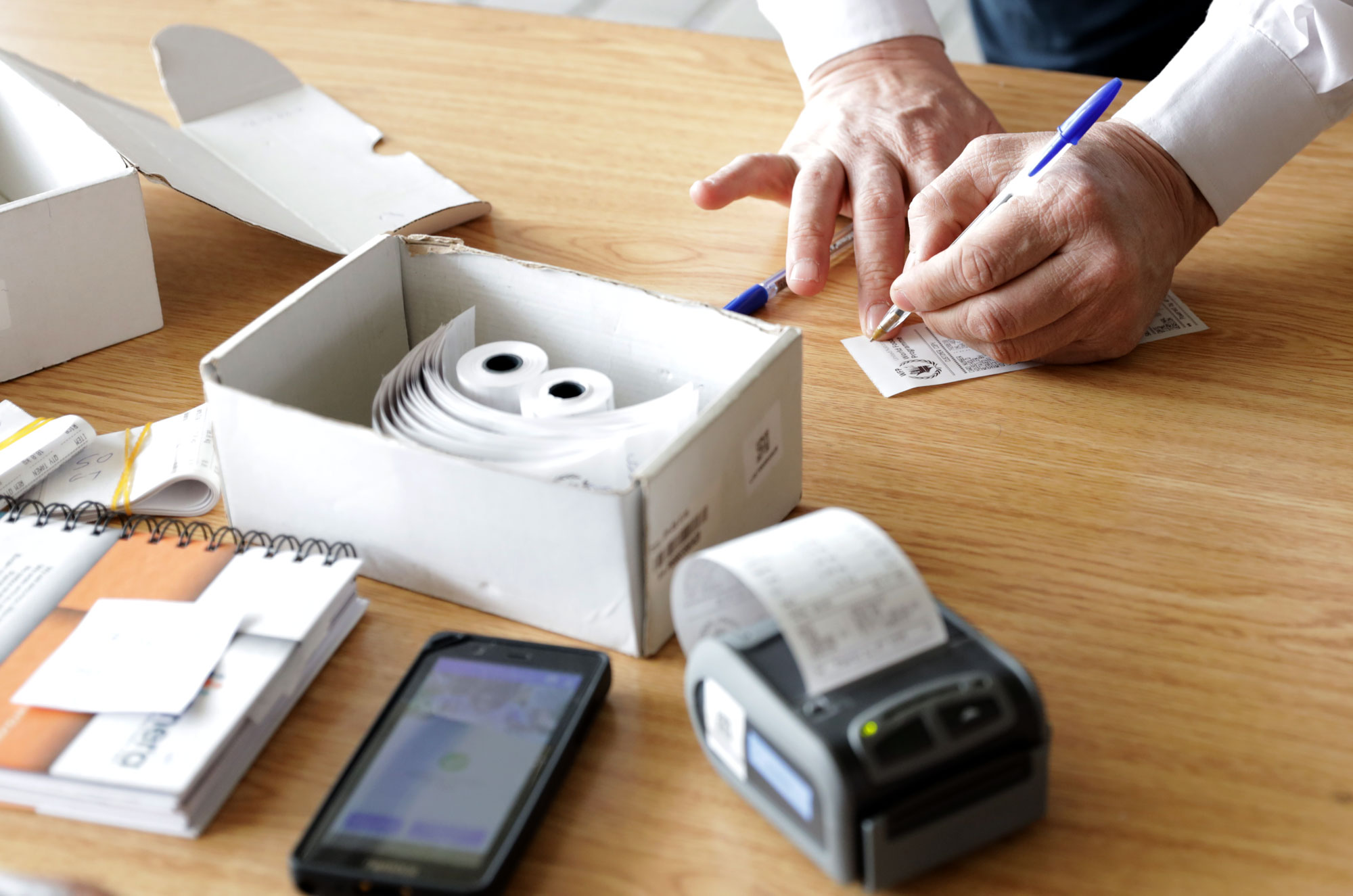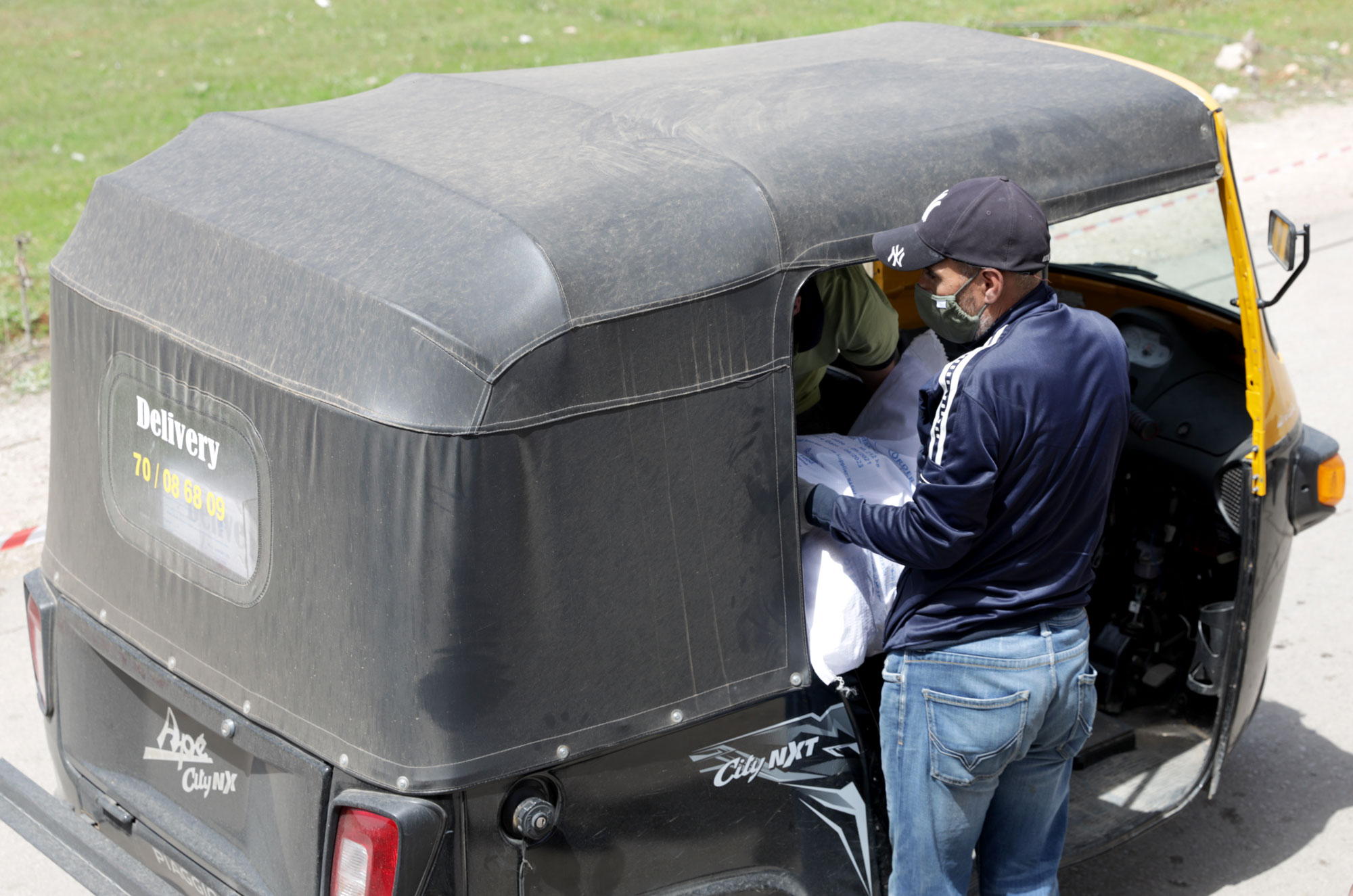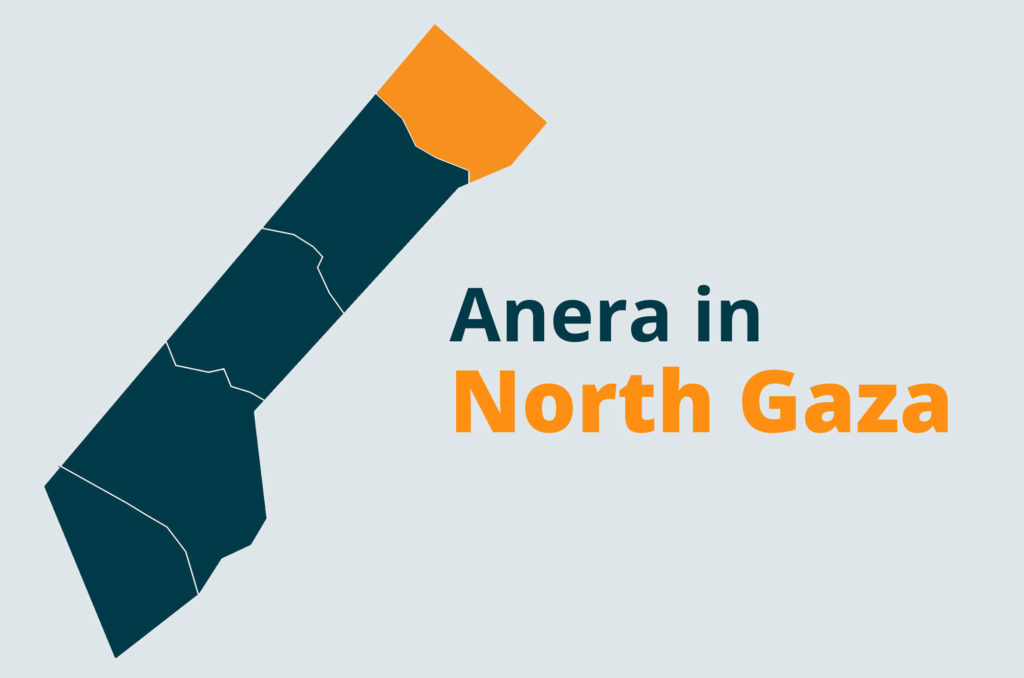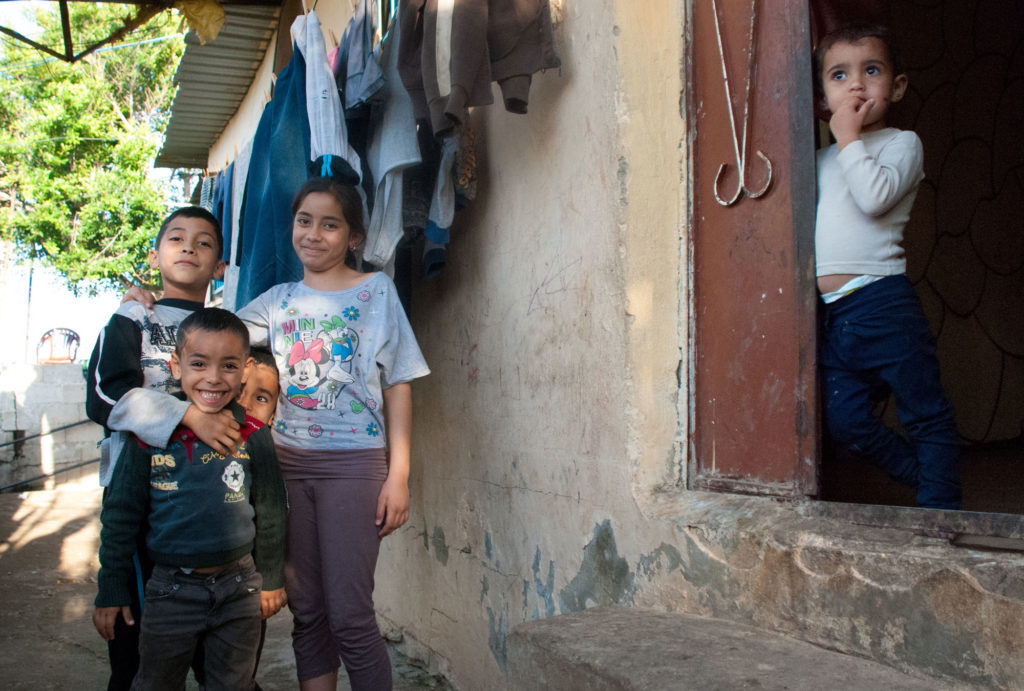Aug, 2022
Rising food insecurity in the country is leaving many more people reliant upon food assistance
Like many parts of the world, Lebanon’s food system has been weakened by COVID-19, climate change and recent conflict in Eastern Europe. Lebanon imports many basic goods, including wheat flour, from Ukraine.
The economic crisis has driven vast numbers of middle-income families in Lebanon into poverty. And those who were already struggling now hover close to the brink of starvation. The crash has hit every demographic, crossing religious and communal lines.
Families now express fears of a new wave of hunger in Lebanon. Stories of the devastating famine that swept the country during the First World War loom large in the national memory. Protecting families from food scarcity now demands a collective response, and both immediate and longer term solutions to the food crisis.
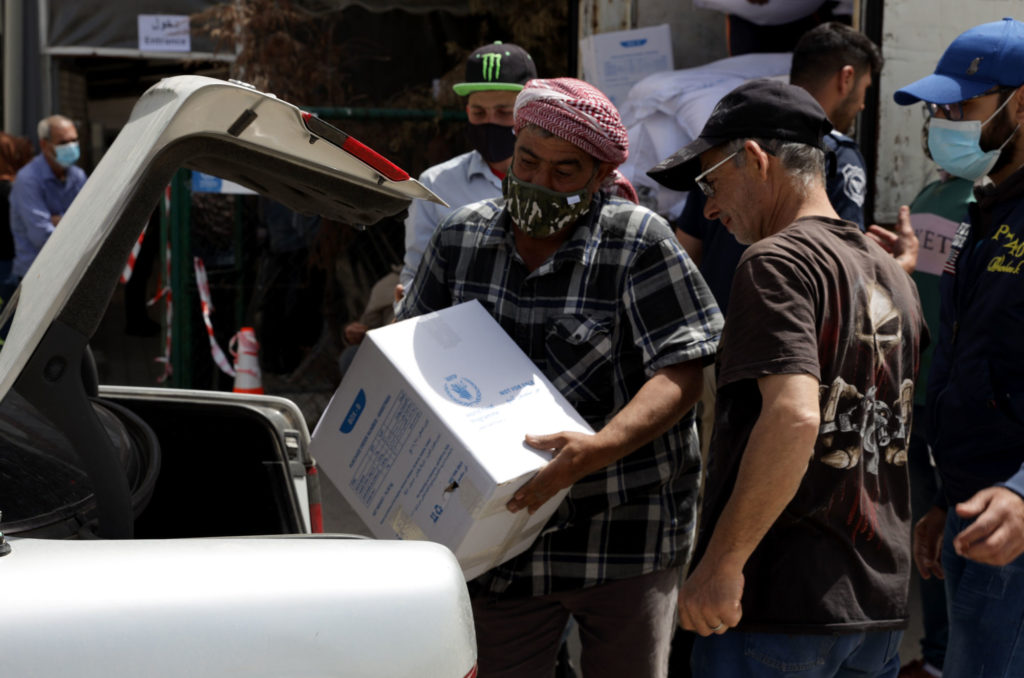

The United Nations World Food Program (WFP) in Lebanon is helping families keep food on the table through its programs and projects, from providing school meals and supporting farmers, to organizing large scale food parcel distributions through implementing partners like Anera.
This collaboration aligns perfectly with our recently established food security program in Lebanon, where our team has been implementing short-term interventions to address food shortages. Our strong ties to the communities we work in helps us ensure that medical aid and food distributions are inclusive and implemented with utmost efficiency.
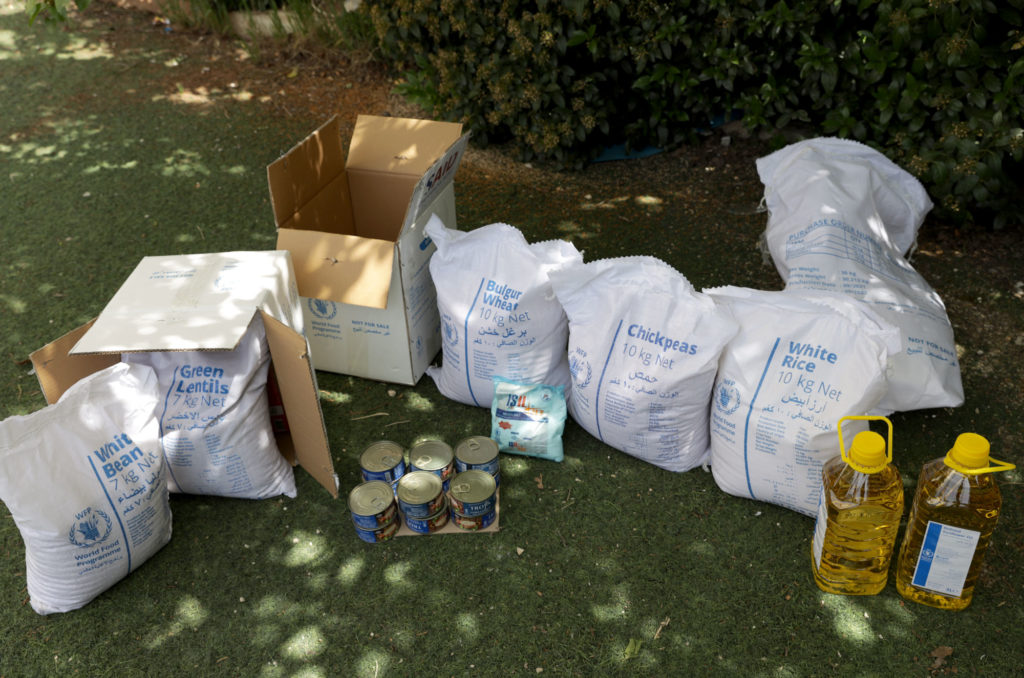

Let’s take a closer look at what some families have to say about life in Lebanon today, and about why the provision of such food aid is absolutely critical.
Rona is a 54-year-old Lebanese ex-school teacher who has been unemployed for quite some time. Like many families, she says that the situation was significantly better before the pandemic and the economic collapse in Lebanon.
“At least, [back then] we were able to secure our food and our daily expenses.”
After the economic collapse, her brother lost his job, and the minor income from the private lessons that Rona usually depends on could no longer cover food expenses.
“This food aid helped us a lot. The food parcels are very rich, and they save us a lot of money. I can only hope that the situation will improve next year.”
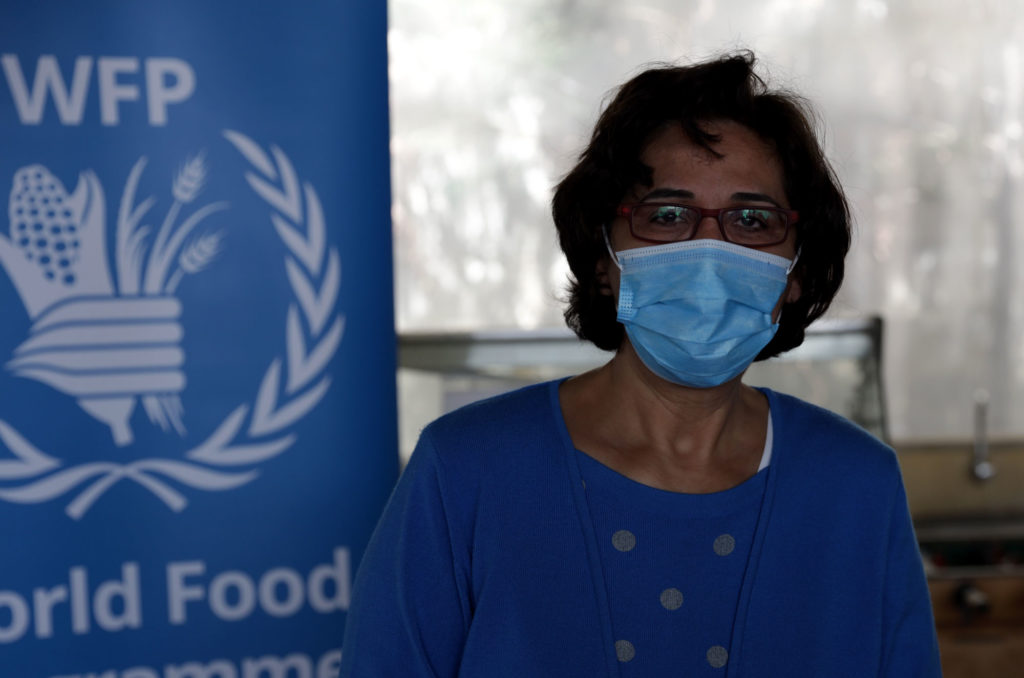

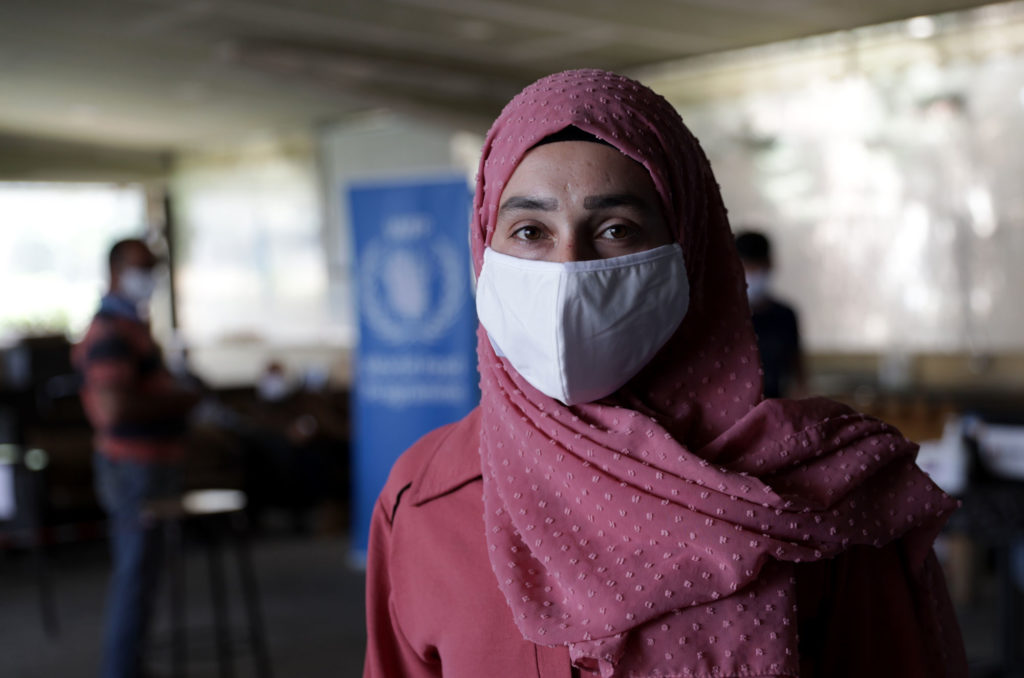

Amani is a Lebanese mother of four. Like many parents, she has had to move her children from a private school (once very common in Lebanon) to a public school. Still, they can barely afford the transportation costs.
“We sold everything we owned to cover our food and medicine expenses. My husband was a truck driver, but he stopped working because of the high cost and scarcity of diesel fuel, and the drop in demand for land transportation to and from Lebanon.”
Amani and her family are a household of nine members with no income, so they depend entirely on assistance.
“We are no longer able to buy meat, chicken, or anything really substantial. We mostly live on beans, grains, and carbs.”
“These parcels are very helpful. There are nine of us at home without any income and depending on the donations. Each parcel lasts us a full month.
“Everyone needs support, the Lebanese people are exhausted.”


“We sold everything we owned to cover our food and medicine expenses."
Eddy Shukr, Anera’s project manager in Bekaa, was present overseeing the process at most distributions.
“We are distributing food parcels to the most affected individuals in the Bekaa Valley, and we noticed a significant increase in the number of Lebanese families requesting assistance. Projects like this one are literally life-saving.”
Food aid is not a sustainable solution to the food crisis. But given the urgency of the situation in Lebanon, short term solutions such as this one provide essential relief to thousands of families who are unable to put food on the table.
